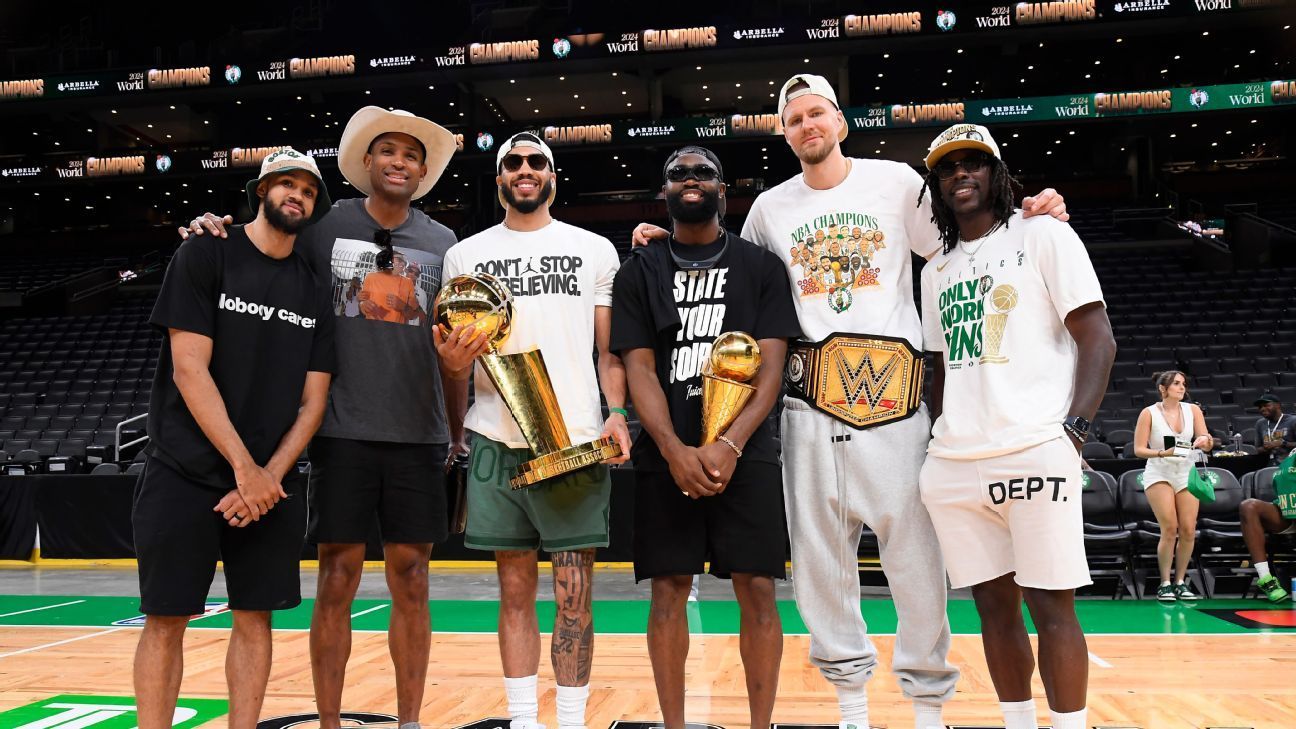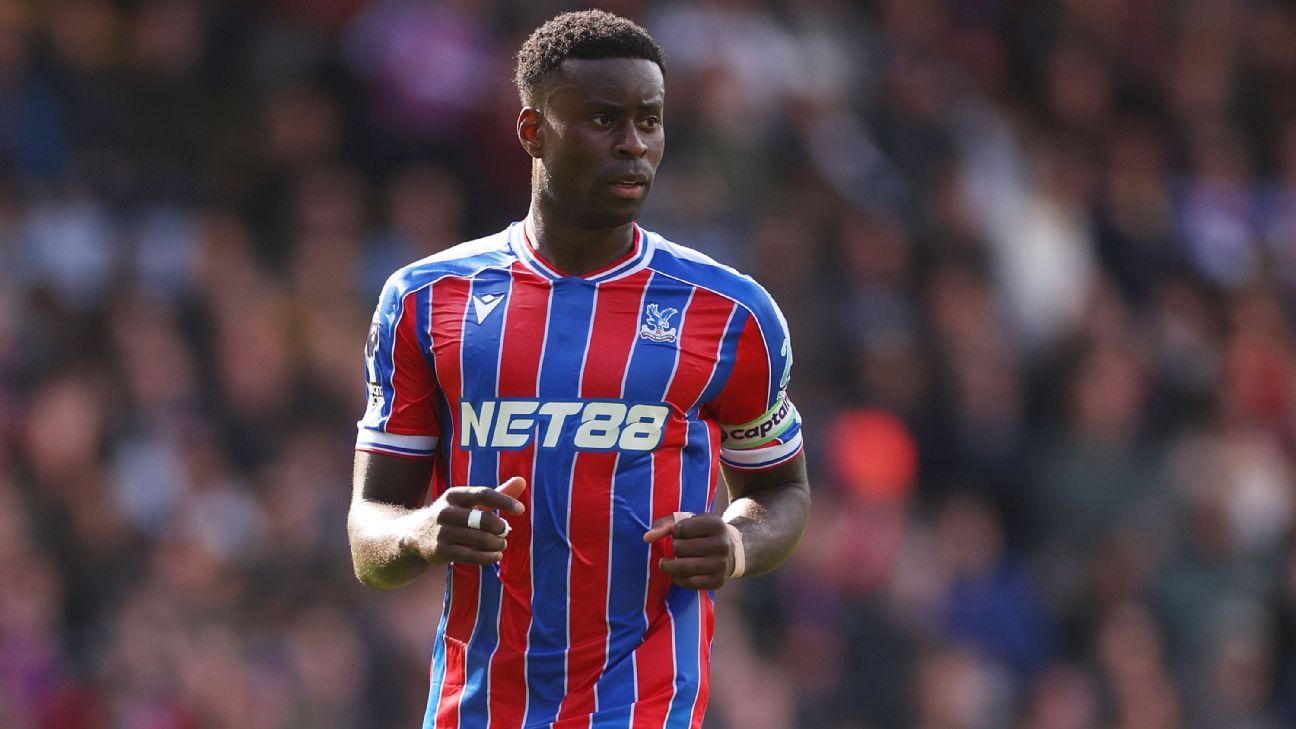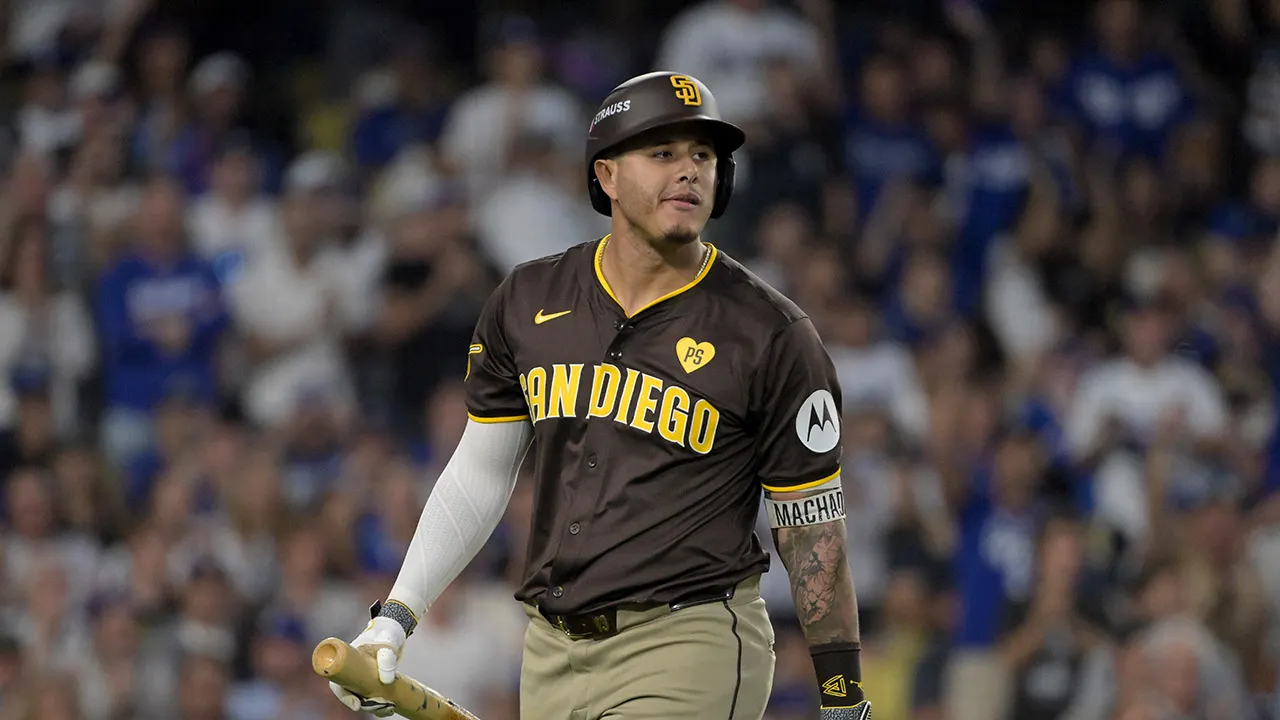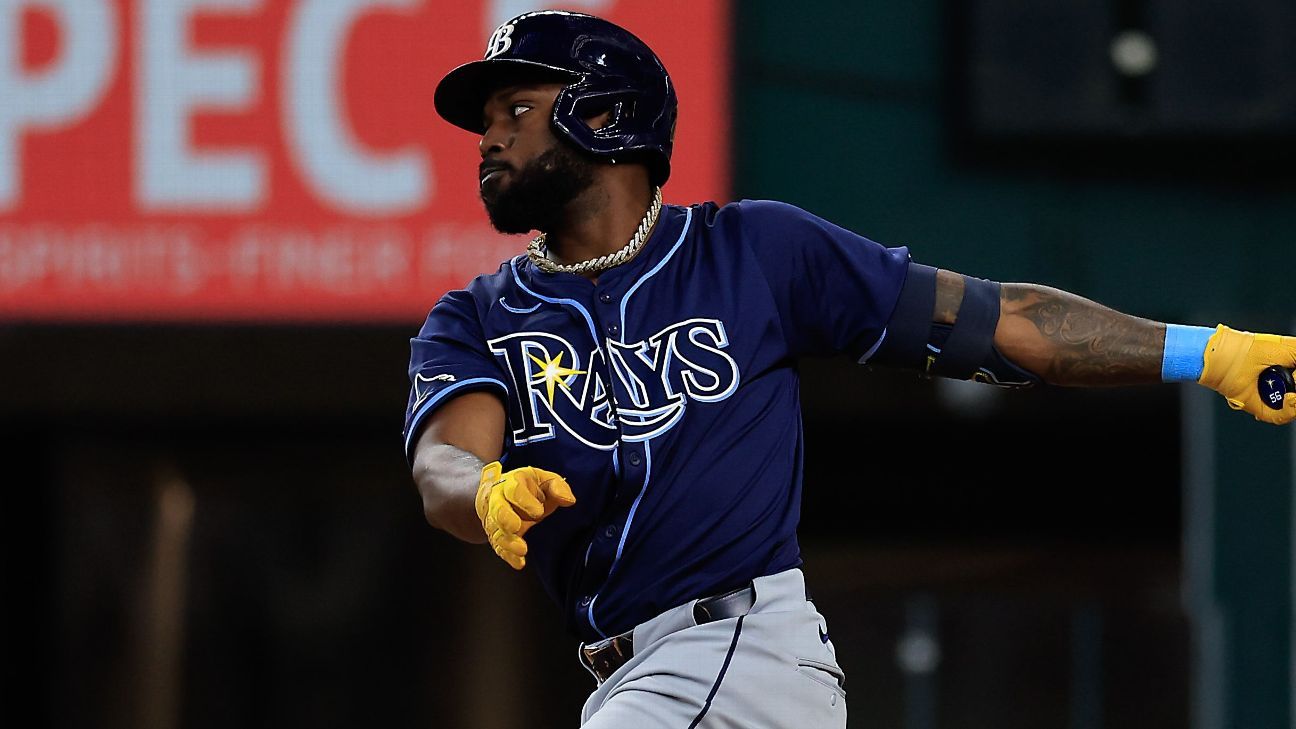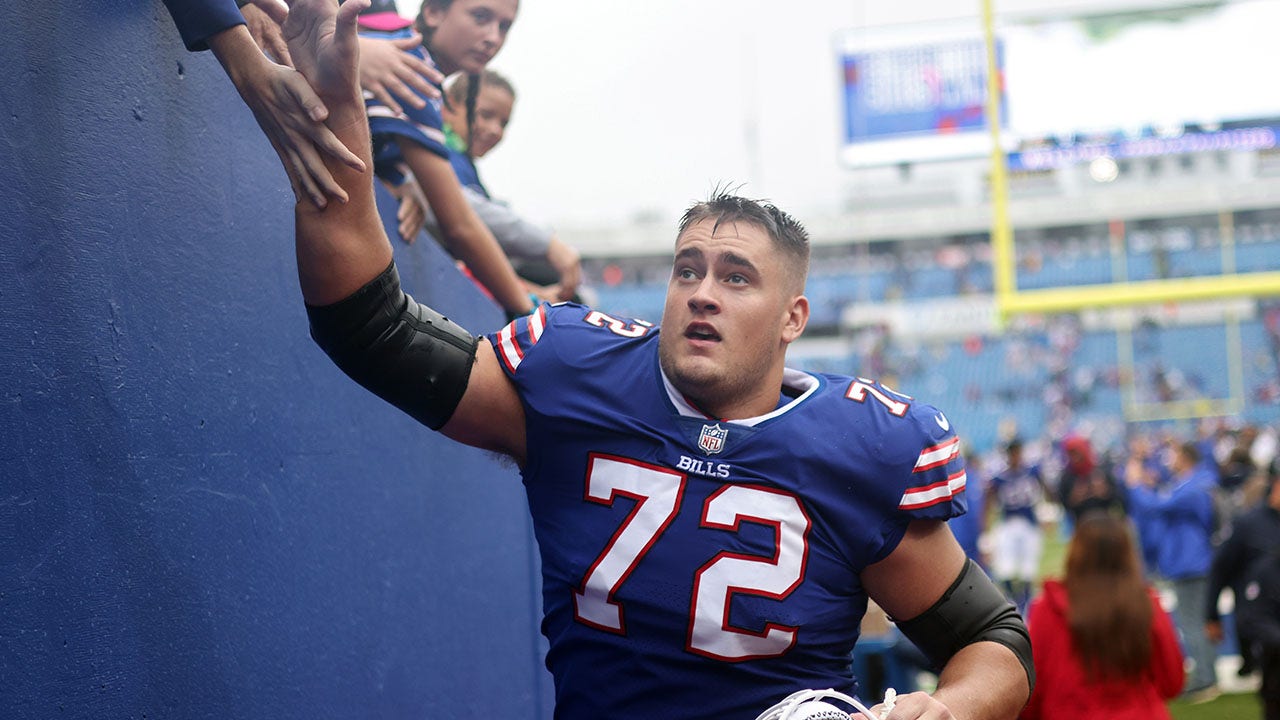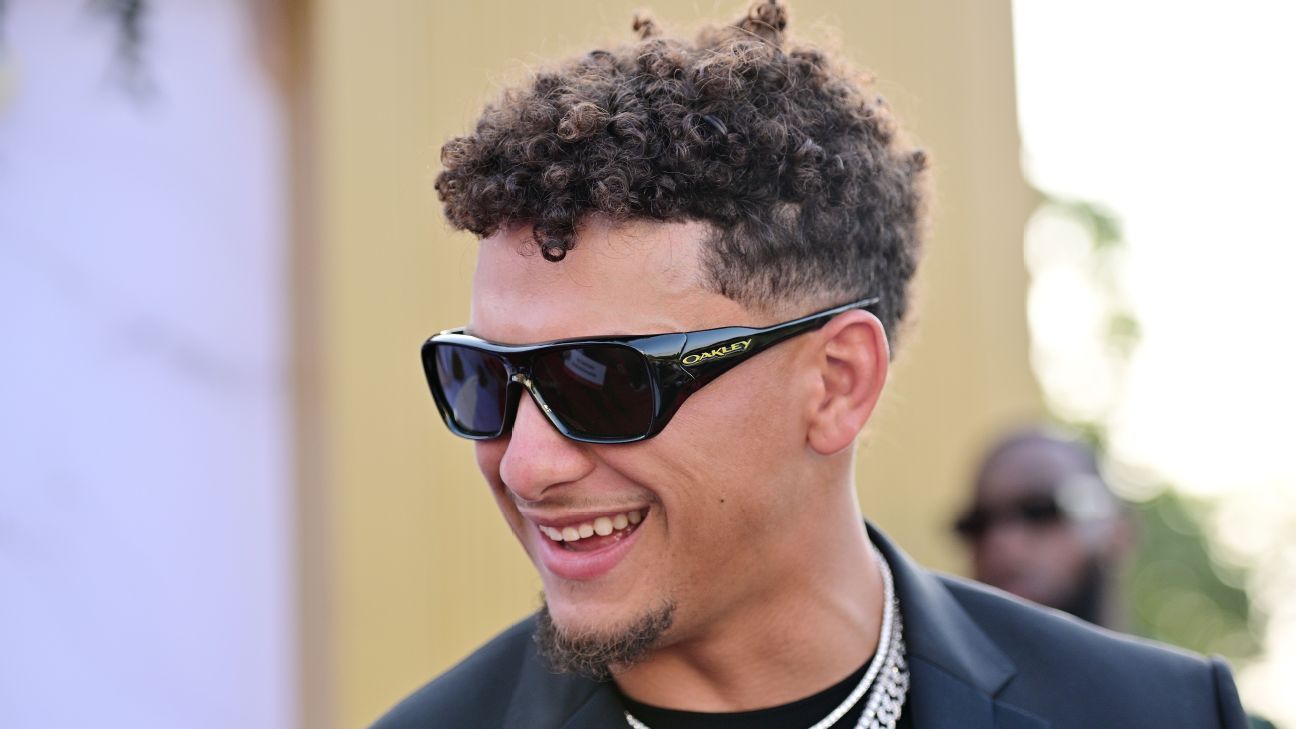It's been a great summer for the Boston Celtics.
Last month, they surpassed the Los Angeles Lakers for their NBA-record 18th title. On July 1, the Celtics agreed to a five-year, $314 million extension with Jayson Tatum, the largest contract in NBA history, and a four-year, $126 million extension with Derrick White. On Sunday, they agreed to a four-year, $45 million extension with Sam Hauser, a player who has seen tremendous career success.
Boston will return all eight rotation players from last season's championship team, with seven of those players under contract for at least the next two seasons and six under contract for at least the next three seasons.
And as currently structured, the Celtics are headed toward another historic milestone: the league's first $500 million roster.
After signing Hauser to an extension, the Celtics have 11 players under contract for the 2025-26 season for a total of $225 million. If the roster is filled out with their own first-round pick and two minimum-salary players (each projected to be worth roughly $2.3 million, according to ESPN’s Bobby Marks), that would boost Boston’s payroll to about $233 million — more than $45 million over the projected luxury tax threshold.
Starting next offseason, when much harsher penalties will be imposed for teams that have already hit the luxury tax, the Celtics would face a projected tax bill of $280 million, according to ESPN’s Bobby Marks, giving Boston roughly $513 million in combined salary and tax penalties for the 2025-26 season alone.
That figure would break the current record of $388 million, set last season by the Golden State Warriors, as well as that of the projected new record holders: the Phoenix Suns, who are on pace to break it in 2024-25 with a projected combined salary and luxury tax bill of $433 million.
No matter who ends up buying the Celtics in the coming months after former owner Wyc Grousbeck and his family put their controlling stake in the franchise up for sale, it's hard to see anyone able or willing to face those kinds of financial penalties for long.
For Celtics fans basking in championship glory and a front office committed to retaining its key players for years to come, it’s likely frustrating to hear about the possibility of finances getting in the way of a potential dynasty. But this is also exactly what the league was hoping for in its negotiations for the current collective bargaining agreement.
“What I'm hearing from teams, even as the second platform is starting to roll out, is that teams are realizing that those provisions have a real effect,” NBA Commissioner Adam Silver said last week at his annual press conference at the Las Vegas Summer League.
“I think this new system, while I don't want it to be boring, I want to put the teams, 30 teams, in a position where they can compete better. I think we're on the way to achieving that.”
The new CBA was designed to help redistribute talent across the league and prevent teams from overloading their rosters with stars for a long period of time. And while Boston’s roster currently defies that logic, the massive tax bills headed toward the Celtics will eventually do their intended job for the league.
For example: From the 2002-03 season through the 2021-22 season, the Celtics paid a total of $52 million in luxury taxes, according to Marks. In the past two seasons alone, the Celtics have paid $114 million in taxes and are scheduled to pay another $66 million next season — or $180 million over a three-year period — before adding another $280 million for the 2025-26 season.
But while keeping this entire team together could prove a challenge (if the Celtics win a second straight title in 2025, they would surely be inclined to try), having so many players under contract also gives the franchise options.
With their entire starting five, Hauser and guard Payton Pritchard all on long-term contracts, the Celtics have the flexibility to go in different directions if they need to reduce payroll. Despite the high tax bill and restrictions on teams above the second line, they will have the ability to remake the roster from a position of strength.
The Celtics are currently projected to spend around $25 million in the second round. Beginning this season, teams that finish the season in the second round will begin having their future draft picks frozen (so they cannot be traded) as part of sanctions to prevent large spending over long periods of time.
But if the Celtics were to subtract just one big salary from their books going forward, and replace him with draft picks or players on cheap rookie-scale contracts, it would quickly become very plausible for Boston to get below the second apron, giving the Celtics flexibility to continue adding to the roster.
By comparison, the Suns are in a very different situation. Bradley Beal is owed $160 million over the next three years and has a no-trade clause. The Suns' mid-salaried players — Jusuf Nurkic, Grayson Allen, Royce O'Neale and Nassir Little — have limited trade value, league sources told ESPN.
That leaves Devin Booker and Kevin Durant, the team's two best players, and Josh Okogie, who signed a contract this summer designed to make him a trade piece over the next year, as the assets who could provide value in a deal. And naturally, the Suns have shown no interest in trading Booker or Durant.
Boston also doesn't want to trade any of its players and has done everything it can to maintain continuity on its roster, with 13 of its championship team's 15 players and two of its two-way players returning for next season. After winning 64 games, going 16-3 in the playoffs and winning the title in dominant fashion, the Celtics hope to repeat that formula again next spring.
But as the team continues the sale process, which Grousbeck said would be finalized “in early 2025,” the team's financial future will weigh heavily on the franchise and will be one of the first questions facing the new ownership group.
Several sources familiar with franchise valuations expect Grousbeck's stake to sell for about $5 billion, a record price for a controlling stake in an NBA team.
For now, Boston’s offseason is all but over. The roster is nearly set for next season, and with Hauser’s extension on the books, its rotation is also set for the 2025-26 season. But as the Celtics prepare to begin their title defense in the fall, they are fully aware of the looming $500 million fiscal cliff and its impact on the franchise’s quest for a dynasty.

